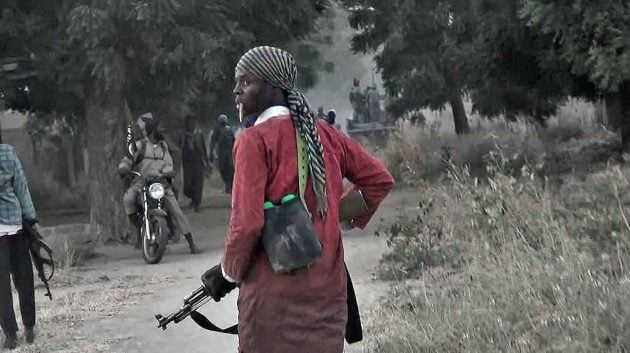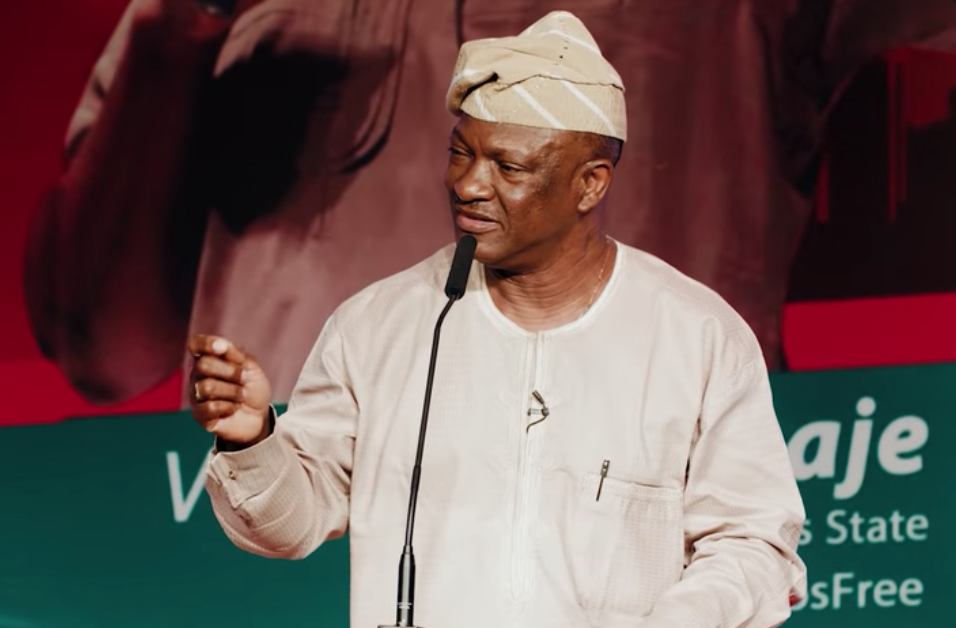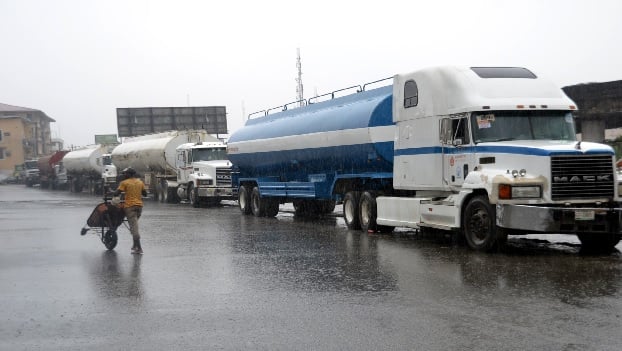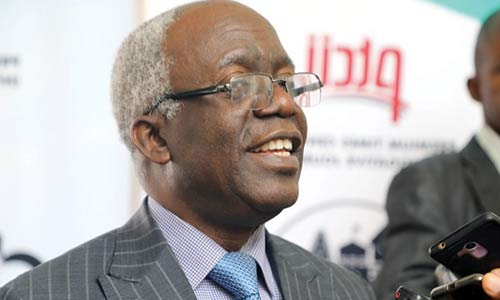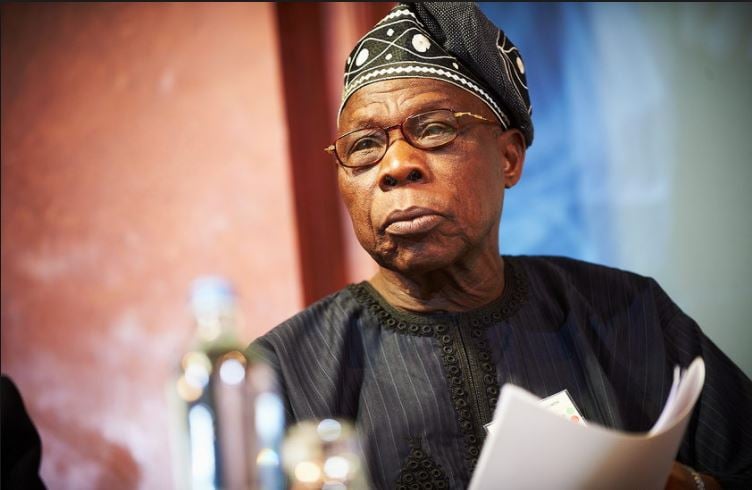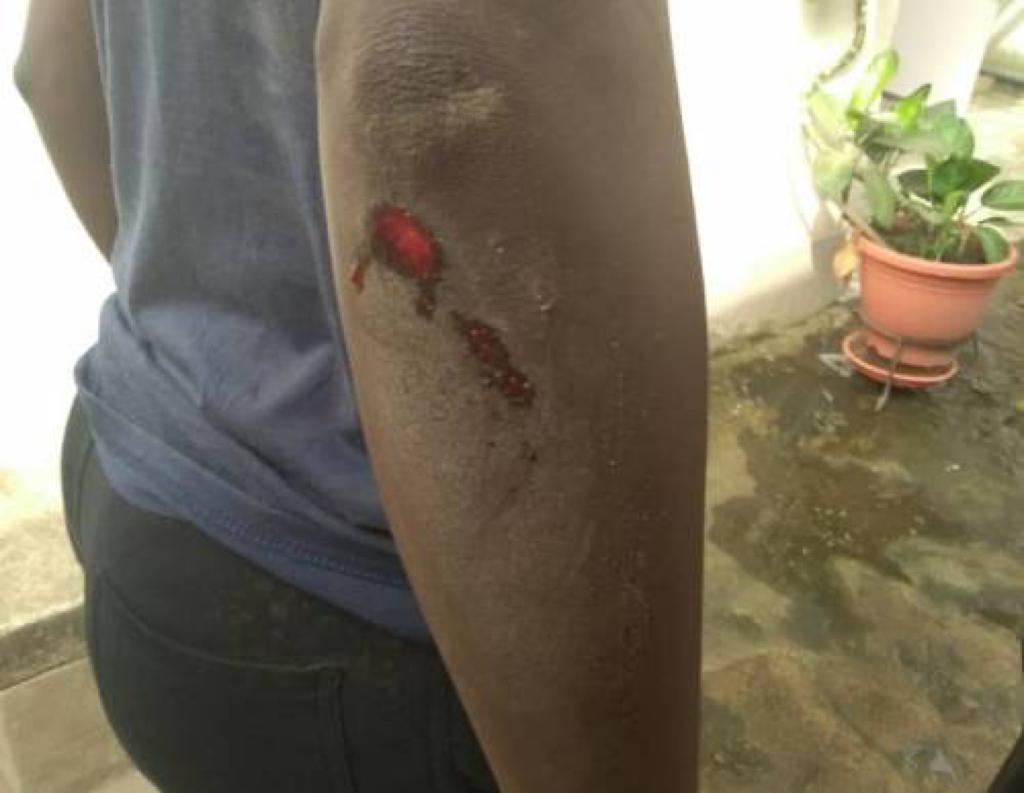The International Criminal Court (ICC) says despite the trials of Boko Haram suspects by the Nigerian government, there are limited number of cases against high-level Boko Haram commanders in Nigeria
This was revealed in the annual report of ICC activities for 2018 presented by Fatou Bensouda, lead prosecutor of the ICC, at The Hague, Netherlands.
According to the report, the development seems to be related to the fact that top commanders of Boko Haram have yet to be apprehended or were killed during military operations.
“Despite the fact that the Nigerian authorities are conducting trials, it appears that at this stage, there is a limited number of cases against high and mid-level Boko Haram commanders. This seems to be related to the fact that top commanders have yet to be apprehended or were killed during military operations,” the report read.
Advertisement
“Nonetheless, the trial of Kabiru Umar, a mid-level Boko Haram commander was successfully concluded in December 2013 and the trial of Mohammed Usman (aka Khalid al-Barnawi), a former high-level Boko Haram commander and subsequent leader of the break-away faction Ansaru commenced in March 2017. The charges in both of these high-profile cases however, appear to be unrelated to the potential cases identified by the Office.
“Military prosecutions have focused so far on individual cases of low ranking soldiers charged under the AFA, and failed to address the contextual elements of crimes against humanity or war crimes identified by the Office.
“Since October 2017, the Nigerian authorities initiated three rounds of mass trials before special courts of the Federal High Court (“FHC”) in Kainji, Niger State, to process thousands of Boko Haram suspects held in military detention in Kainji. Such trials took place in October 2017, February 2018 and July 2018 during which most of the 1,669 Boko Haram suspects detained in Kainji were tried.
Advertisement
“It appears from the information available that the majority of defendants were discharged without trial for lack of evidence. Further, the great majority of the more than 360 persons convicted in these trials were charged with providing material and non-violent support to Boko Haram. Several observers also raised fair trial and due process concerns with respect to the Kainji trials.”
Add a comment

